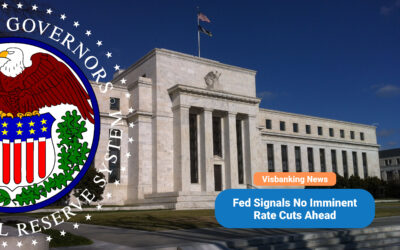By: Ken Chase.
In the wake of Russia’s invasion of Ukraine, the U.S., Canada, and Europe took collective action to ban key Russian banks from accessing the Society for Worldwide Interbank Financial Telecommunication (SWIFT) network. For many people, that news probably meant little. After all, relatively few people outside of government and finance know much, if anything, about the SWIFT system or how it impacts the banking industry and economic activity. So, what is SWIFT – and why should you care?
What is SWIFT?
The SWIFT network has been in operation since 1977 and was created as a replacement for the old telex machines that banks used to use to communicate fund transfers with one another. Today, some 11,000 financial institutions in 200-plus countries use this network to deliver tens of millions of SWIFT messages each day.
It is important to understand that SWIFT is not a trading clearance system. Instead, it is a system that enables banks to communicate information in a way that facilitates accurate, speedy financial transactions. Because the system is secure and frictionless, SWIFT has become the backbone of the global financial industry. In fact, most of the world’s trade activity involves use of SWIFT messaging.
How SWIFT works
If you are living in Paris and need to have your bank send a transfer to a relative in New York City, that bank does so by sending a message through the SWIFT network to that relative’s receiving bank in the U.S.
The message will contain all the information the receiving bank needs to verify the transaction, including the relevant SWIFT codes that identify each bank.
The receiving bank uses that information to make the deposit in your relative’s account.
The two banks will later settle the payment transfer, adjusting each account accordingly.
Why should you care about SWIFT?
With the ongoing Russian-Ukrainian war monopolizing much of the media coverage throughout the West, a proper understanding of SWIFT is important for anyone trying to keep pace with the U.S. and European response to that crisis.
While bans on Russian oil imports and sanctions against that country’s oligarchs are readily understood by almost everybody, it is important to recognize that the West’s attempts to isolate the Russian Federation also include steps that strike right at the heart of Moscow’s ability to trade with the outside world. And because this service is an integral part of global finance and trade, any denial of access to that network is akin to being ejected from the world’s economy.




